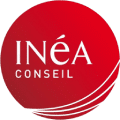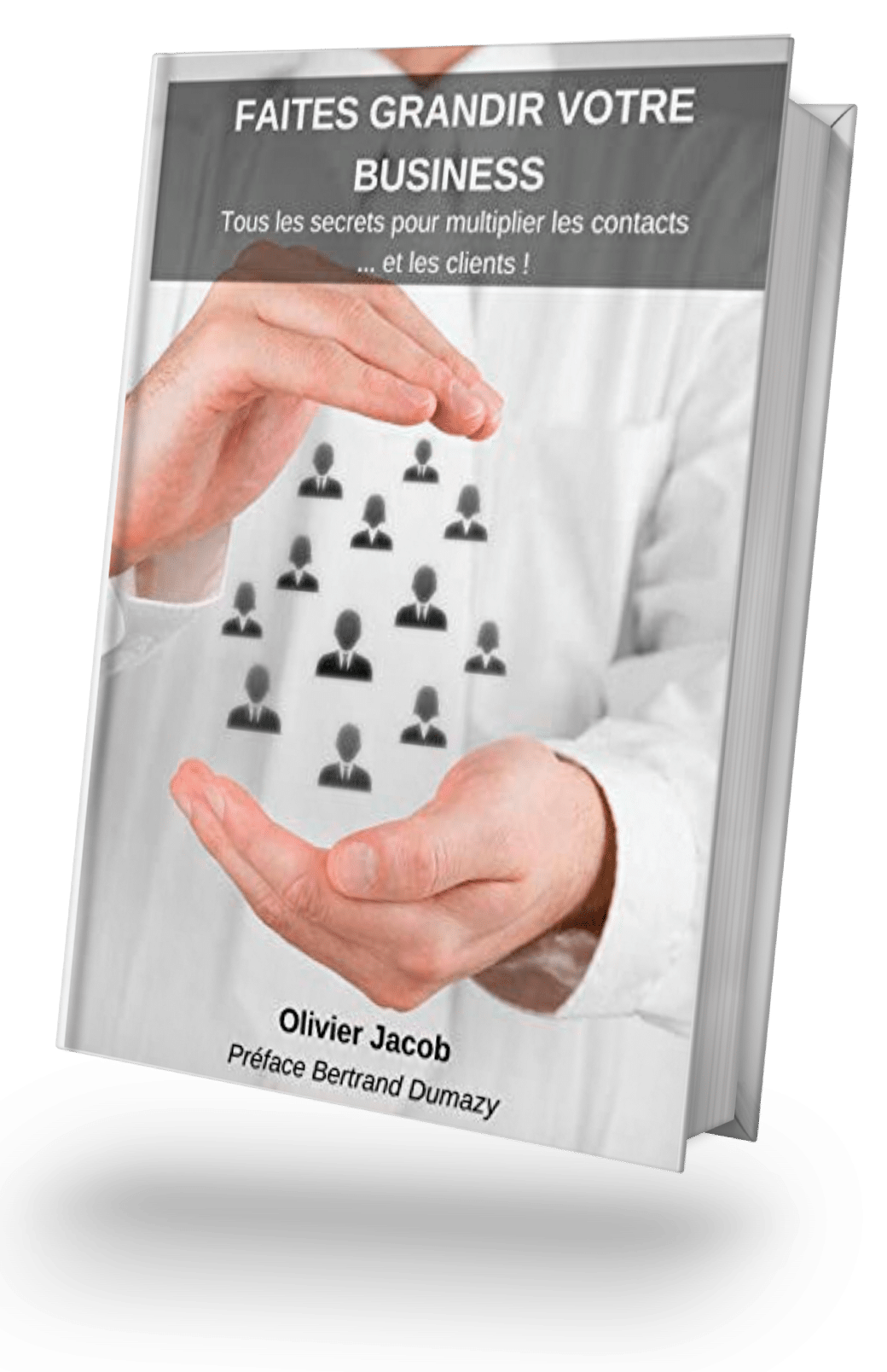By Andrew Sobel and Olivier Jacob
One of my clients recently told me how he had dodged death twice. The first story was particularly terrifying. He had booked Pan Am flight "Lockerbie" 103, which witnessed a bombing in 1988, but at the last minute he was unable to board. However, I'll have to save that story for another time.
The second time it happened, it was a seemingly harmless growth on his arm. It looked like a mole, and he ignored it. He was so busy running his growing global business that he hadn't seen his doctor in several years. He was feeling well and was healthy thanks to alternative medicine.
His doctor examined the large mole on his arm and told him to see a dermatologist immediately. He made an appointment the same day. It turned out to be a melanoma that was about to invade his body - to metastasize. It was, in short, about to kill him (metastasized melanoma is highly lethal, according to doctors).
Here's the point: your customer relationship may seem healthy, radiant even. But there may be something small that's bothering your customer. It may be a benign issue - for now. But over time, this concern may grow and even merge with other concerns. Your customer'sdissatisfaction may become greater than the sum of the individual concerns. In other words, without regular communication and athorough annual review process of the customer relationship, you may lose him or her because you were not aware of his or her true feelings or may have even dismissed him or her in your mind.
You think it's a harmless little pimple, but it can become something more deadly. By the time you react, the relationship may be too sick to recover.
Here are 10 questions you should ask your clients every year
1. Could you tell me your overall assessment of our relationship?
This is a general question that can help start the conversation in a non-threatening way.
2. What have we done recently that you have found particularly valuable or useful?
We often think we know what "adds value" for our clients. But often they have benefited from things we have done that we thought were minor or insignificant. You need to know, so ask!
3. If you could change or improve one thing about our relationship, what would it be?
If a customer is not very open, this could prompt a response.
4. If a customer is not very open, this could prompt a response.
This is especially important if you work with large companies where you need to develop multiple relationships.
5. Can you give me any suggestions for improving the amount, timing or format of our communications with you and your organization?
Ideally, you should co-create, i.e. define together the type of relationship management that is right for the customer.
Now, you may want to move on to several "agenda-setting" questions to better understand your customers' upcoming issues and challenges. Note: These questions are for existing customers, not a prospect. Agenda setting questions for a prospect will be a little different. These assume a personal familiarity.
6. What are some of the issues you have that we should be aware of or think about for you?
7. What are your plans for...? How do you plan to deal with...? (Tailor them to your client's business and markets)
Remember, you don't just want to ask an open-ended question about your client's problems, you want to concretely demonstrate that you understand the overall goals and issues that affect them
8. What are your two or three most important goals for next year? (or better yet: How will your management evaluate next year? What indicators will be used?)
9. As you think about the future of your business and the different strategies and initiatives, which ones motivate you the most? Which ones do you feel most concerned about?
I like this question because it is very important and gives information about your client's direct motivations. It will help you understand what they are really passionate about in the business.
10. Is there anything we could improve or change to make it easier to do business with us?
"Ease of doing business" is an important and underrated concept, and you could end your conversation with this one. I even said to a busy executive, "Is there anything else I can do to make your life easier?"
There are other questions you might ask as well, depending on the circumstances. For example, if it's a firm relationship and you have a designated relationship manager and team, you need to know what the client thinks of them.
- Could you give me your appreciation of our team? What did they do particularly well? Are there any areas for improvement or weaknesses that I should be aware of?
- Could you give me your assessment of our relationship manager/account executive? What are their strengths/weaknesses?
And also:
- If you need something from our organization, do you always know who to contact?
What if the problem with the relationship is the relationship partner or account manager? This doesn't happen every day, but I've seen it happen many times. An incompatible or underperforming team member is one thing; the wrong relationship manager is another.
Do customers know how to deal with your organization? Do they know exactly where to turn? The last question will help find out, and what you learn can be very important information.
Finally: once a year, probably in a separate conversation, you should ask for a reference. "My business is growing by word of mouth. Can you think of anyone you know who could benefit from what I do?" If possible, try to ask for a SPECIFIC referral, e.g., "I'd really like to build a relationship with Bill Smith, who sits with you on the XYZ board...would you be willing to put us in touch?"
About the authors
Andrew Sobel is the leading authority on the strategies and skills needed to develop clients for life. He is the world's most published author on the subject, having written eight best-selling books on customer relationships, including the international bestsellers Customers for Life and Power Matters. More than 100 leading firms, such as PwC, Citibank, UBS, Booz Allen Hamilton, Cognizant, Deloitte and many others have used his book Clients for Life to develop trusted advisor skills and increase their clients' revenues.
Olivier Jacob has decades of expertise as a coach, trainer, and conference facilitator on the topics of management and sales. Author of the book "Make your business grow" and passionate about personal effectiveness, strategy, sales, commitment and new technologies, he created Inéa Conseil in 2008 to help companies sell more and better, and managers better mobilize their employees.



